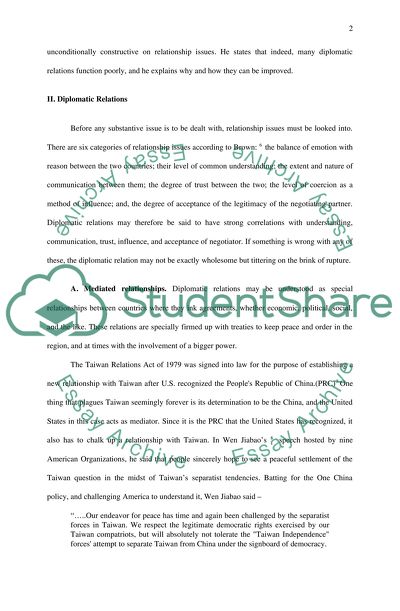Cite this document
(“Diplomatic Relations between Countries Essay Example | Topics and Well Written Essays - 2500 words”, n.d.)
Retrieved from https://studentshare.org/politics/1529545-diplomatic-relations-between-countries
Retrieved from https://studentshare.org/politics/1529545-diplomatic-relations-between-countries
(Diplomatic Relations Between Countries Essay Example | Topics and Well Written Essays - 2500 Words)
https://studentshare.org/politics/1529545-diplomatic-relations-between-countries.
https://studentshare.org/politics/1529545-diplomatic-relations-between-countries.
“Diplomatic Relations Between Countries Essay Example | Topics and Well Written Essays - 2500 Words”, n.d. https://studentshare.org/politics/1529545-diplomatic-relations-between-countries.


